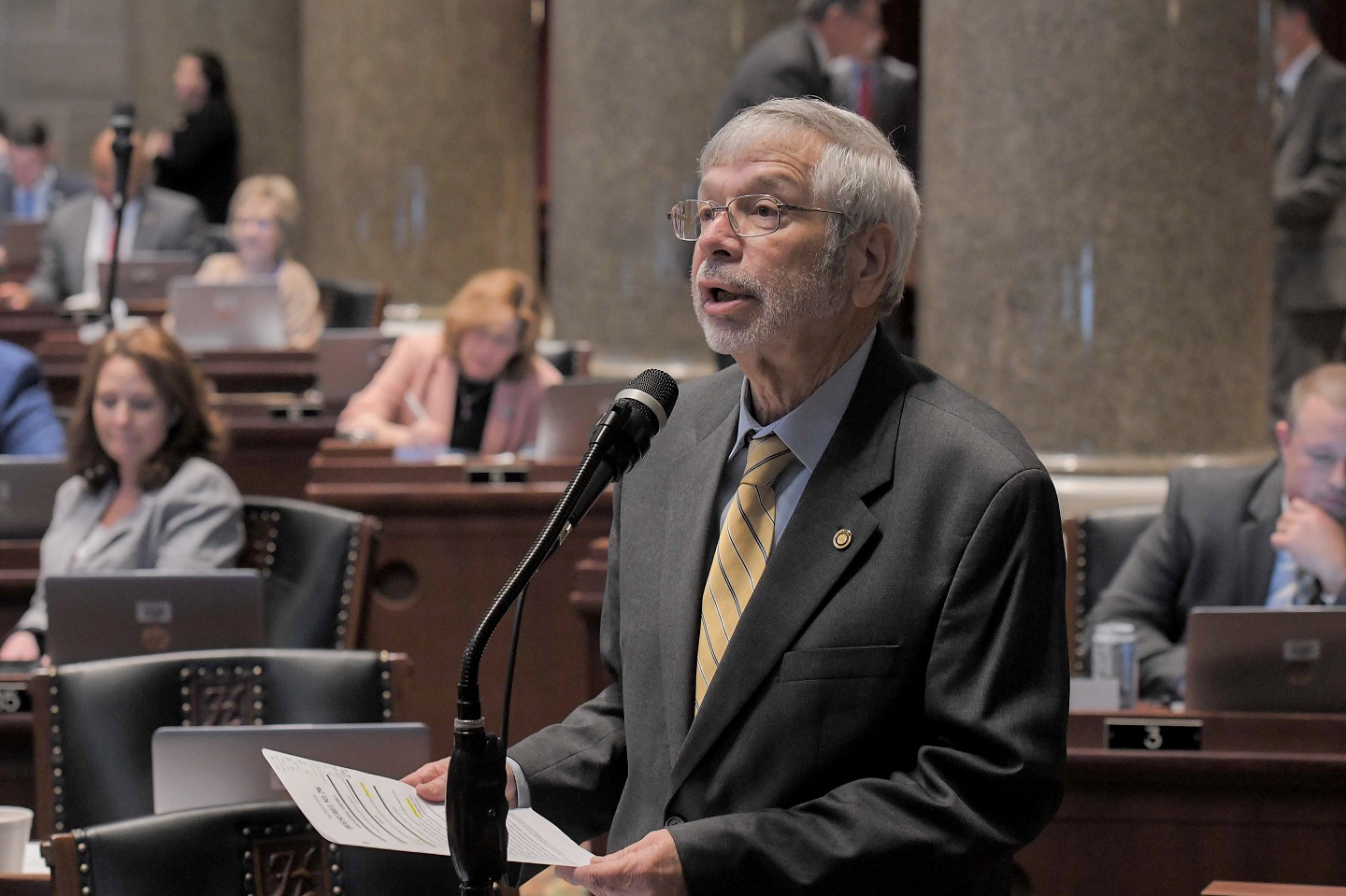An interim panel on mental health policy will hold at least two more hearings according to its chairman, who says its members are taking in information like “drinking water out of a firehose.”

The committee has already heard issues including that there is a staffing shortfall within the Department of Mental Health, and that Missouri ranks 31st in the U.S. for access to mental health services.
Chairman Wayne Wallingford (R-Cape Girardeau) said after hearing from state organizations in the first hearing and non-profits in the second, the committee will take testimony on November 3 from individuals with experience dealing with mental health issues.
“Either because they’re a guardian for someone or they have a son or a relative affected by that, or maybe even themselves,” said Wallingford.
Wallingford said the committee has drawn a great deal of attention already.
“I thought maybe I could get it done in three meetings,” said Wallingford. “I’ve already got the November 3 meeting full and working on the November 10th meeting and it’s probably at least a third full already … so it’s generated a lot of interest and that’s good.”
Wallingford anticipates there will be legislation in the 2022 legislative session that will stem from these hearings. He doesn’t have specific bills in mind, but he has his eye on some pilot programs that he feels have been working well in the Columbia area.
“If we can do something to spread that around the state that would be great.”
Wallingford said the committee also heard that law enforcement officers often find themselves sitting at hospital bedsides by those who have been arrested and suffer from mental health issues, until a space in mental health institutions can be found for them.
The committee will prepare a report before the session begins in January, and from its findings could come more legislative proposals.

